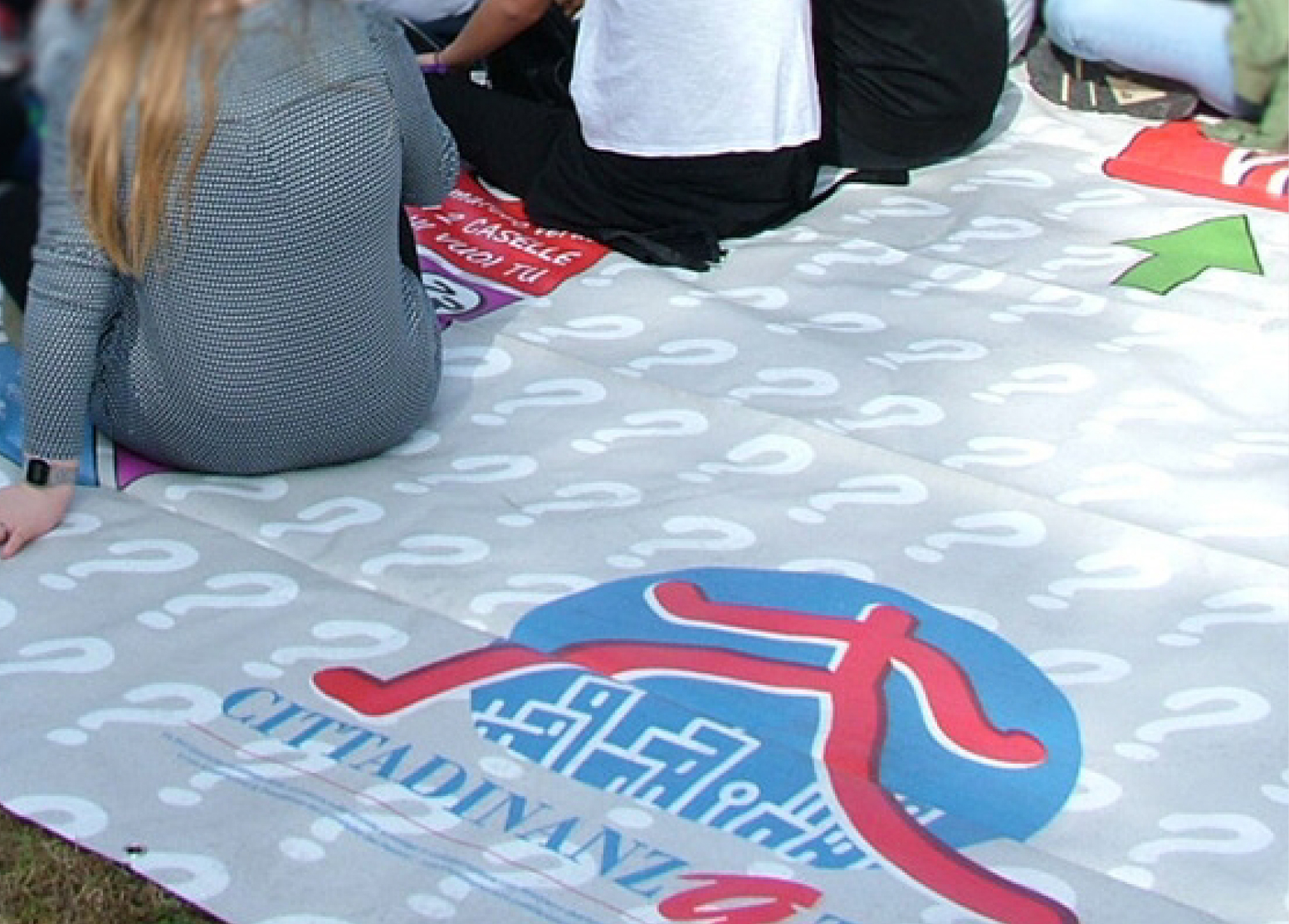The commitment of Cittadinanzattiva to promote and provide incentives for service improvement, innovative experiences and policies focused orientation to the community has very deep roots, as when, in 1988, during the voyage of the Minibus rights, have rewarded operators (in this case within the health services) for having favored the protection of citizens' rights.
Over the years we have refined assessment tools, we arrived at a real definition of what are the good practices, identifying the key features and instituting awards dedicated and real databases; in the meantime, the Good Practices began to speak in many and varied contexts, with the consequent multiplication of awards and recognitions. It can be said, therefore, out of the contribution that the Movement can give on this front, and the goal achieved? The answer, of course, cannot be negative, because to seek, encourage, reward and encourage good practices answers, now more than ever, to one of the imperatives of the same mission of Cittadinanzattiva to contribute to turn the individual experiences "system "and put citizens at the center of services. It is therefore still highly relevant their original intuition, the spirit of human research of the contribution to the service, the enhancement of the actions of individual citizens, in the ambition to get to create a network of "good operators" that revolutions from below, in optics of subsidiarity, the relationship between citizens and providers of public services.
What is, then, a Good Practice for Cittadinanzattiva and how it differs from the best practices of many subjects which now we talk about? These are actions whose very nature is the obvious impact on quality of services, the protection of citizens' rights, the promotion of civic participation, the enhancement of human resources. In particular, for Cittadinanzattiva Good Practice is a every successful initiative aimed at improving efficiency at the same time (cost) and effectiveness (as a way to meet, in an appropriate manner, the needs and expectations of citizens) of the management and provision of services.
A good practice, to be defined in this way, must satisfy five requirements:
- measurability (possibility to quantify the impact of the initiative);
- innovativeness (the ability to generate new and creative solutions to improve the quality of services and the protection of citizens' rights);
- Sustainability (ability to be able to respond "to the needs of the present without compromising the ability of future generations to meet their needs");
- reproducibility (transfer possibilities and application in places and situations other than those in which it was made);
- added value (as a positive and tangible impact on users' rights and the promotion of civic participation).
Cittadinanzattiva has developed over time a unified strategy in the definition and identification of Good Practices that goes beyond the scope of specific reference (health, human services, education) and uses the same evaluation criteria. Even the goal and the tools used to pursue it are in common: press, network, databases, juries of experts to evaluate the projects reported on the basis of the above five criteria.
On the subject of Good Practices, Cittadinanzattiva has established specific awards: for the health sector, the Prize Alesini, since 1997, for public utility services, the Prize Villirillo, since 2000, for schools of all levels, the Prize Good Practices of Education for Safety and Health, established in 2006 and later named in memory of Vito Scafidi, the boy died in the collapse of the false ceiling of the Darwin High School in Rivoli (TO) in November 2008.
Some considerations on the Prize. First of all, over the years there has been an improvement of the quality of candidate projects, a sign that feelings have been refined over time about the real meaning of citizens' involvement and guidance to users (just think that in the early years most of the projects were service charters).
Secondarily, the fact that most of the reports are received from citizens, an element that assumes a more positive value as it puts in sharp contrast with those who say there is a disaffection on the part of citizens to the policy (understood here in its broadest sense ) and civic activism. Finally, the involvement on the juries of the respective winners of the previous editions. This decision aims to be a signal in the goal both to create a stable network operators sensitive to the issue of good practice, so the ambition to transform the single experience in system.










